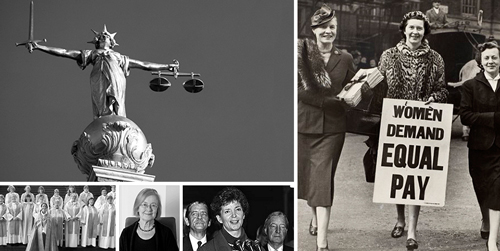
The 1979 Act was hardly progressive. However, it was a watershed precisely because it marked the point at which formal legislation could no longer claim a complete hold over Irish women’s reproductive agency, at least as far as contraception was concerned. It marks a new confidence in the reproductive rights movement – today very visible in abortion rights campaigning – around the possibility of one day establishing women as sole decision-makers in matters of their own health.
Máiréad Enright
Before the Health (Family Planning) Act 1979, selling contraceptives and importing them for sale were criminal offences in Ireland. Importing contraceptives for personal use was also prohibited. This Act legalised those activities in certain circumstances, allowing married couples, and people with relevant medical needs, to access condoms and other contraceptives on a doctor’s prescription. The Act began a slow de-coupling of Irish law from absolutist interpretations of Catholic social teaching, and marked an important legal acknowledgement of the public health costs of restricting access to contraception. It also provided a legal avenue of access to contraceptives, confirming growing public support for the principle that women should be able to determine the number and spacing of their children.
The full version of this landmark is written by Máiréad Enright.
Mothers of Modern Ireland, ‘Contraception, Sylvia from Dublin’ https://mothersofmodernireland.com/clips/51112c35373a6346a100003e
RTÉ Archives, ‘Dublin Condom Shop 1978’ http://www.rte.ie/archives/2013/1127/489465-contraception-unlimited-1978/